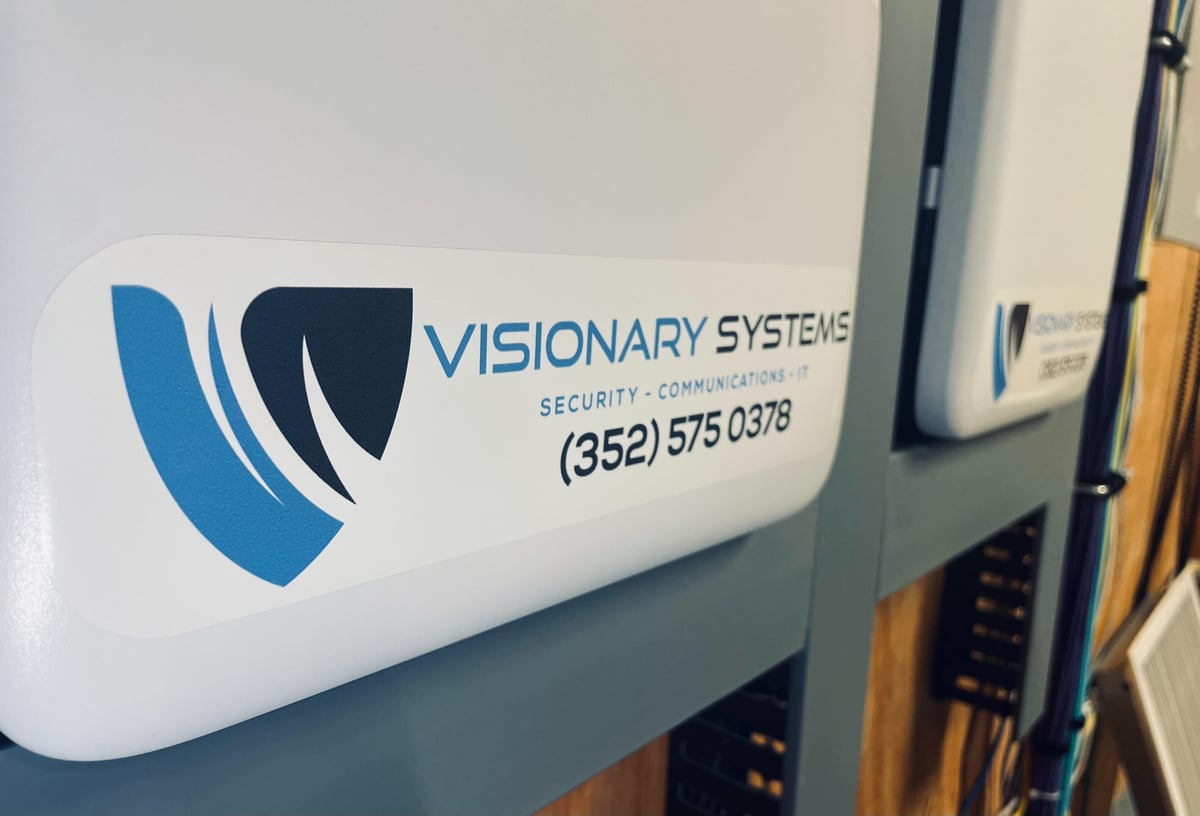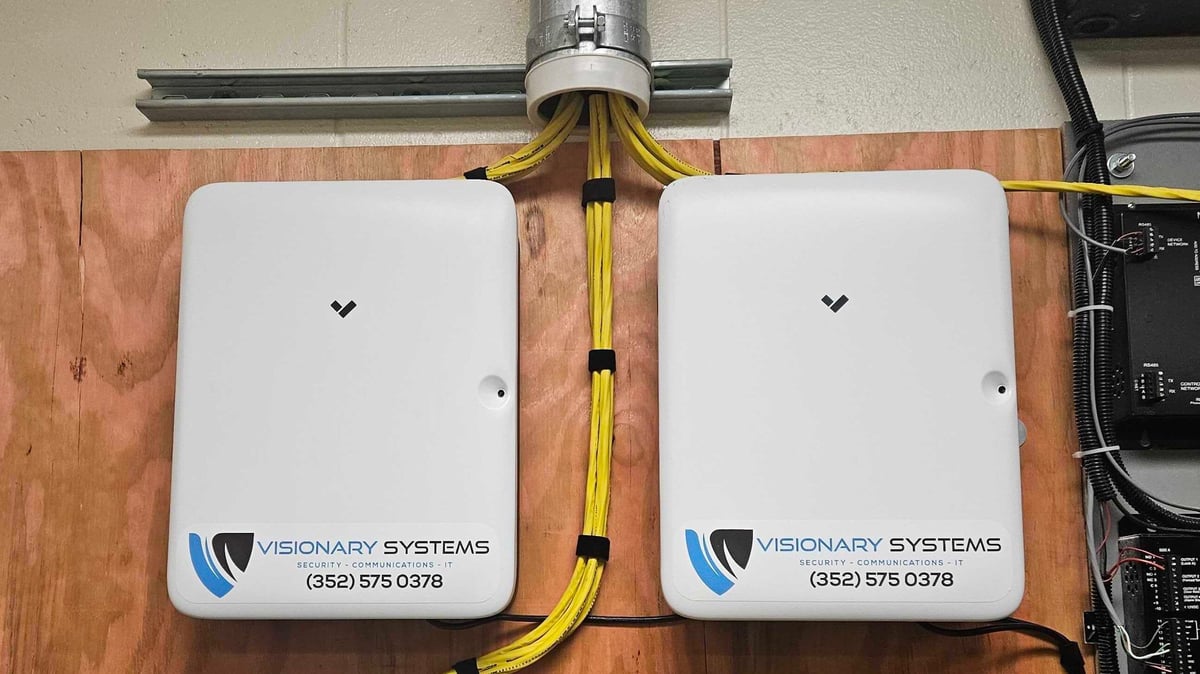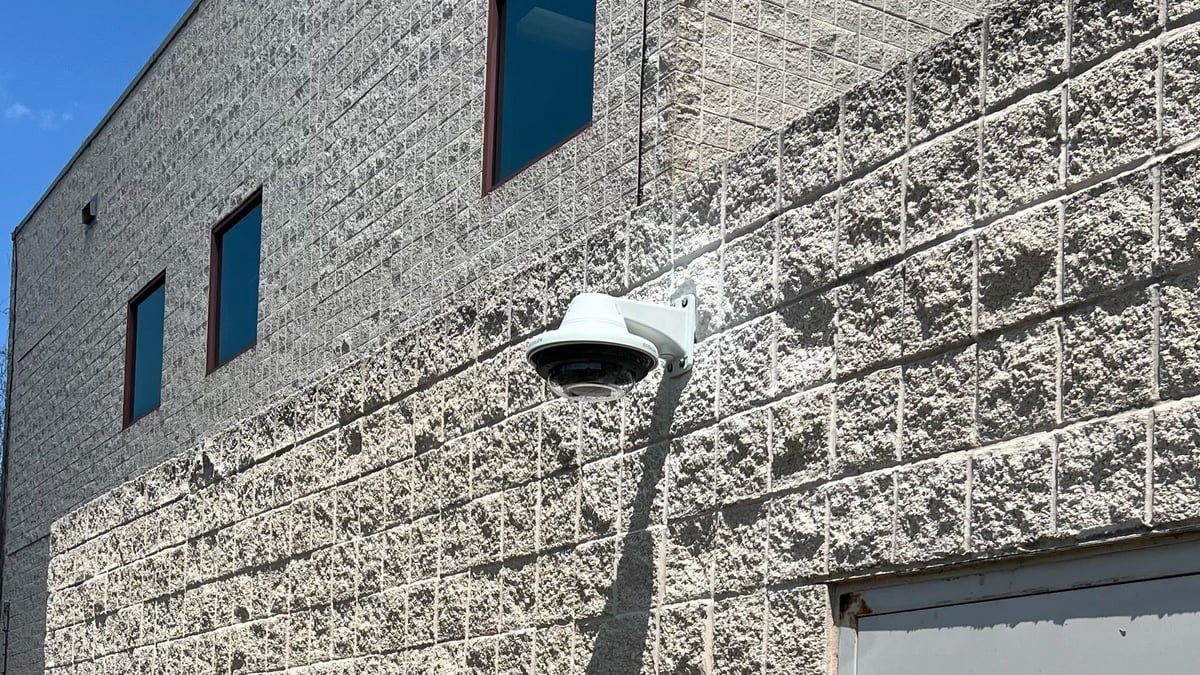




Security
Cameras, Access Control, Jail Control Systems, Inmate Tracking, Tenant Doors, Gate Control, Alarms, Environmental Sensors
Communications
Paging Systems, Phones, Mass Notification service
IT
Cloud Backup, Endpoint Management,Network Infrastrucutre, Cabling, Network Switches, Access Points, Point to Points
What's our vision?
"Our vision is to become a trusted and innovative leader in the security industry, providing advanced solutions that protect our clients' assets, employees, and reputation. We strive to continuously improve our technology and services to stay ahead of emerging threats and meet the evolving needs of our clients, while upholding the highest standards of ethics, professionalism, and customer service."
Products & Services
Video Security, Access Control, Intercom, Air Quality, Workspace, Alarms, VoIP, AI, MSP, Communications
Business Verticals
Correction Facilities, State and Local Government, Commercial, Education, Manufacturing, Property Management, Municipalities, Healthcare, and Cannabis Facilities.
Territories
Based in Melbourne, Florida, we serve the State of Florida with technicians and offices throughout the State.
What Do Security Companies Do?
Today, security companies play a vital role in ensuring the safety and security of individuals, businesses, and governments around the world. They employ a range of technologies and techniques to protect against a wide range of threats, from physical intrusions to cyber attacks. The security industry continues to evolve and grow, driven by advances in technology and the ever-changing landscape of global security threats.
Here we are!
Licensed To Perform Electrical & Data Comm Installations
Florida - EC13010891
Nationwide - Vetted Licensed Partner Network
Clients


















Manufactures


.png?width=180&name=download%20(2).png)


.jpeg?width=180&name=spot-ai-primary-logo-1280px-rgb@2x_(1).jpeg)











.png?width=180&name=download%20(1).png)
End User Training
End user training is a process of providing education and training to individuals who will use a product, software, or system to perform their daily tasks or work responsibilities. The purpose of end user training is to ensure that users are proficient in the use of the product, software, or system and can perform their tasks effectively and efficiently.
End user training typically covers the following areas:
-
Basic system navigation: Users learn how to navigate the product or system and access the different features and functions.
-
Task-specific training: Users learn how to perform their specific tasks within the product or system, such as data entry, report generation, or record keeping.
-
Troubleshooting and support: Users learn how to troubleshoot common issues and access support resources when they encounter problems.
-
Security and privacy: Users learn about the product or system's security and privacy features and best practices for keeping data safe.
End user training can be delivered in different formats, including in-person training, online training, video tutorials, and user manuals. Effective end user training is essential for ensuring that users are comfortable with the product or system and can perform their tasks accurately and efficiently, which can ultimately lead to increased productivity and customer satisfaction.